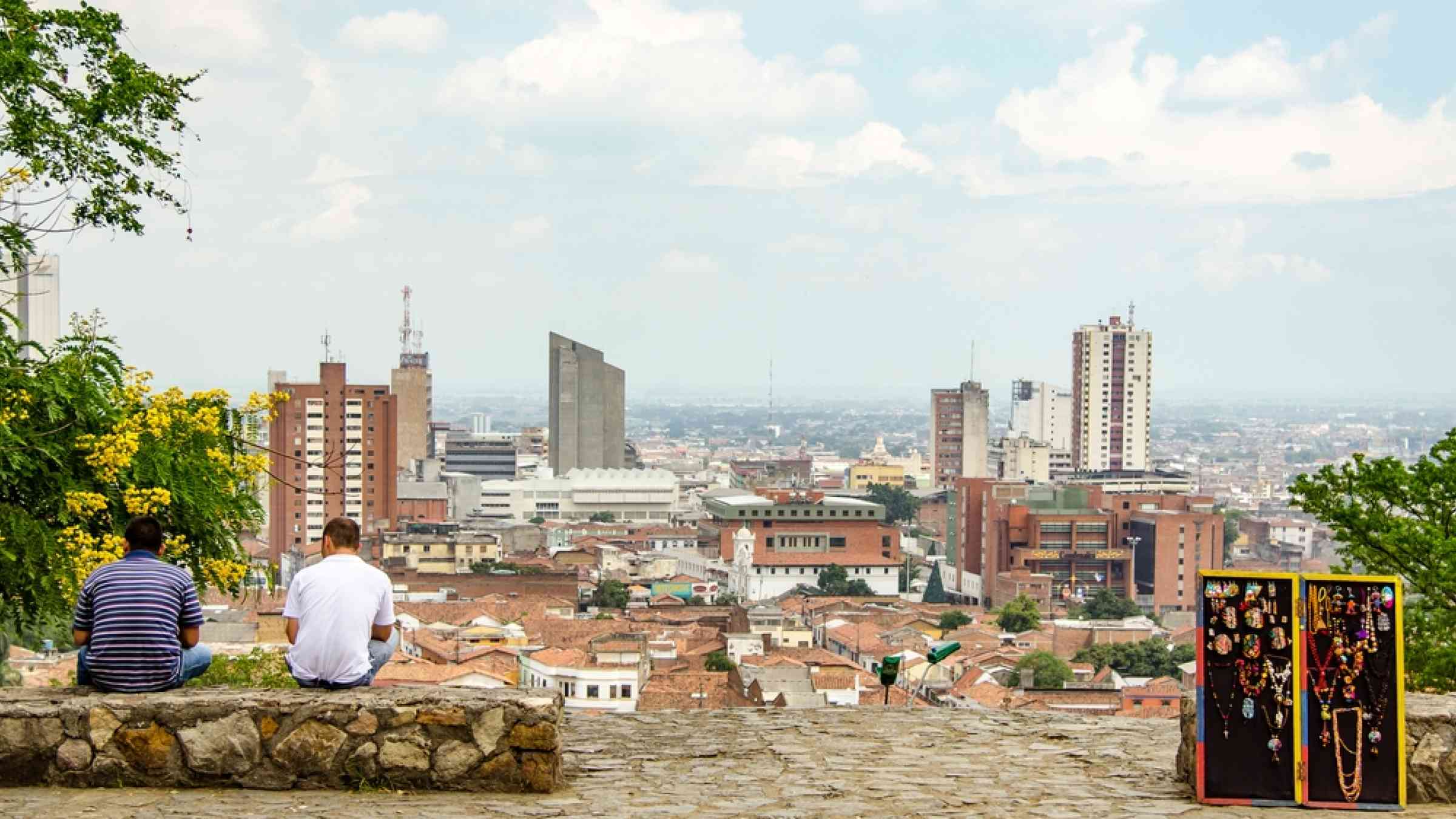Latin America strengthens its commitment to local resilience

The Americas and Caribbean region has gained four new MCR2030 Resilience Hubs. Montevideo (Uruguay), Pudahuel (Chile), Santa Ana (Costa Rica), and Santiago de Cali (Colombia) have been appointed by the members of the Global Coordinating Committee of the Making Cities Resilient 2030 (MCR2030) initiative. This initiative, promoted by the United Nations Office for Disaster Risk Reduction (UNDRR), aims to boost local resilience by supporting the development and implementation of local risk reduction strategies, sharing knowledge and experiences between cities, and fostering partnerships for resilience.
This recognition places the four cities at the center of a global network dedicated to reducing disaster risk, promoting climate action, and developing more equitable and sustainable cities.
As Resilience Hubs, Cali, Montevideo, Pudahuel, and Santa Ana play a crucial role in the MCR2030 network, sharing knowledge and good practices with other cities. Worldwide, more than 1,600 municipalities are part of this initiative, including over 700 in the Americas and the Caribbean, where there are now 14 Resilience Hubs. The aim is to inspire other local governments to commit to resilience by offering technical support to take concrete action.
According to the Regional Assessment Report on Disaster Risk Reduction in Latin America and the Caribbean 2021, 80% of disaster events have been registered in intermediate and small urban areas. This becomes even more relevant considering that by 2030, 60% of the world's population is expected to live in urban areas.
"Resilience Hubs have a special commitment not only to their own resilience capacity building but also to helping other municipalities along the way," said Nahuel Arenas, chief of UNDRR - Regional Office for the Americas and the Caribbean. "Disaster impacts know no borders, so cooperation between cities is key to implementing effective solutions towards sustainable development. These actions save lives and prevent disasters from occurring."
Pudahuel, Chile, focuses on community preparedness and the inclusion of persons with disabilities in its risk management plans. The commune has implemented, for the first time in the world, the Scorecard Annex for the inclusion of persons with disabilities, developed by ONG Inclusiva and UNDRR. The commune has also prioritized coordinated action on climate change. Identifying and mitigating key climate risks and developing adaptation strategies that minimize damage and promote a more resilient economy and society are key to building a safer and more sustainable environment.
Santa Ana, Costa Rica, has been part of MCR2030 since 2022 and has developed a Climate Action and Risk Management Plan with 53 mitigation and adaptation actions, aligned with national policies and various international initiatives. As a Resilience Hub, it focuses on supporting other cities in the development of climate and urban resilience plans, in methodologies to incorporate disaster risk management and climate change adaptation in infrastructure and services investment projects, as well as in the mainstreaming of risk management and climate change in all areas of municipal action.
Montevideo, Uruguay, promotes the inclusion of urban resilience in its practices and works on local disaster risk plans that consider social, economic, cultural, and gender vulnerability. Likewise, recognizing the diversity and asymmetries of the territory, the different hazards of municipal scale (floods, droughts, water emergencies, railways, etc.) will be addressed.
Santiago de Cali, Colombia, is working on projects such as the Intelligent Community Early Warning System and the Jarillón Plan, focused on territorial planning and community preparedness, with a community and multi-hazard approach, facilitating processes of resettlement and settlement of populations with a comprehensive approach, knowledge of risk, international cooperation, as well as community preparedness and awareness. Cali will host COP16 of the Convention on Biological Diversity, which will promote nature-based solutions as effective risk reduction measures.
In its new role as a Resilience Hub, Cali, Montevideo, Pudahuel, and Santa Ana will serve as examples for other cities, demonstrating that, with planning, cooperation, and an inclusive approach, it is possible to build safer and more equitable communities with strengthened capacity to respond to disasters.

